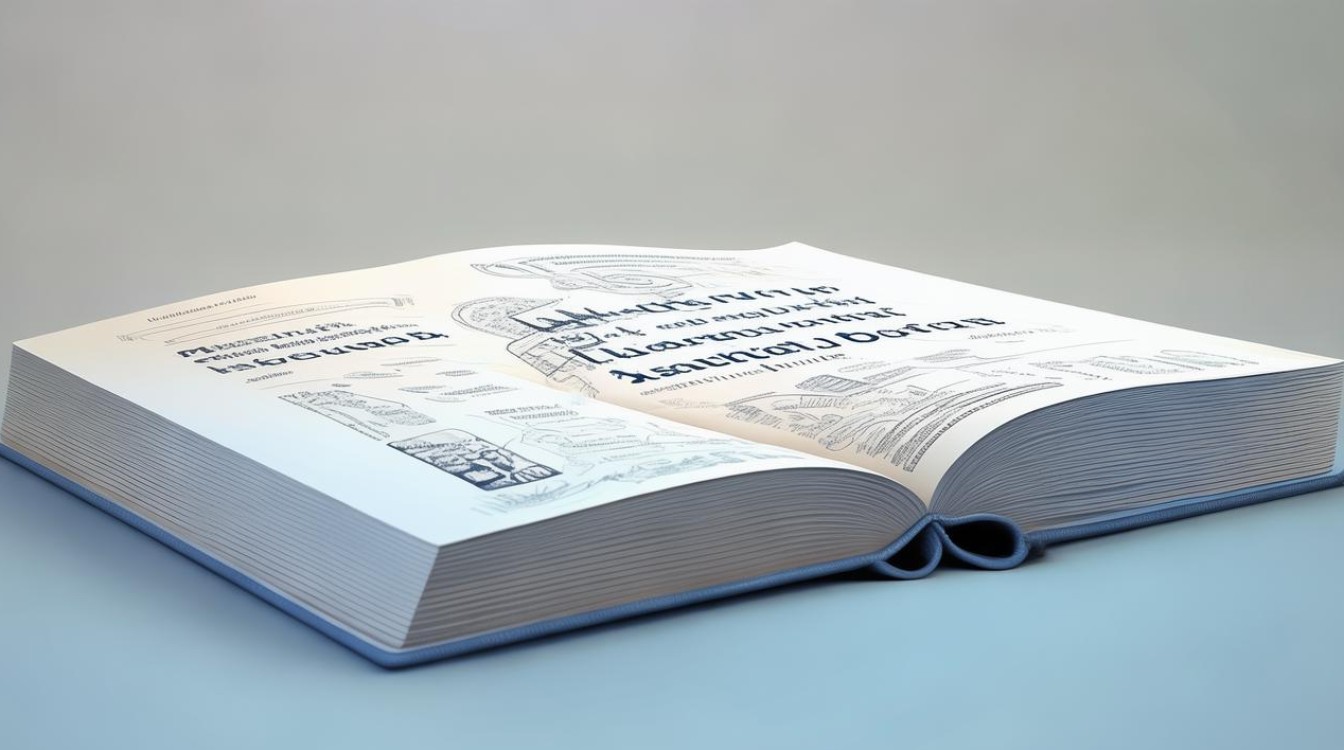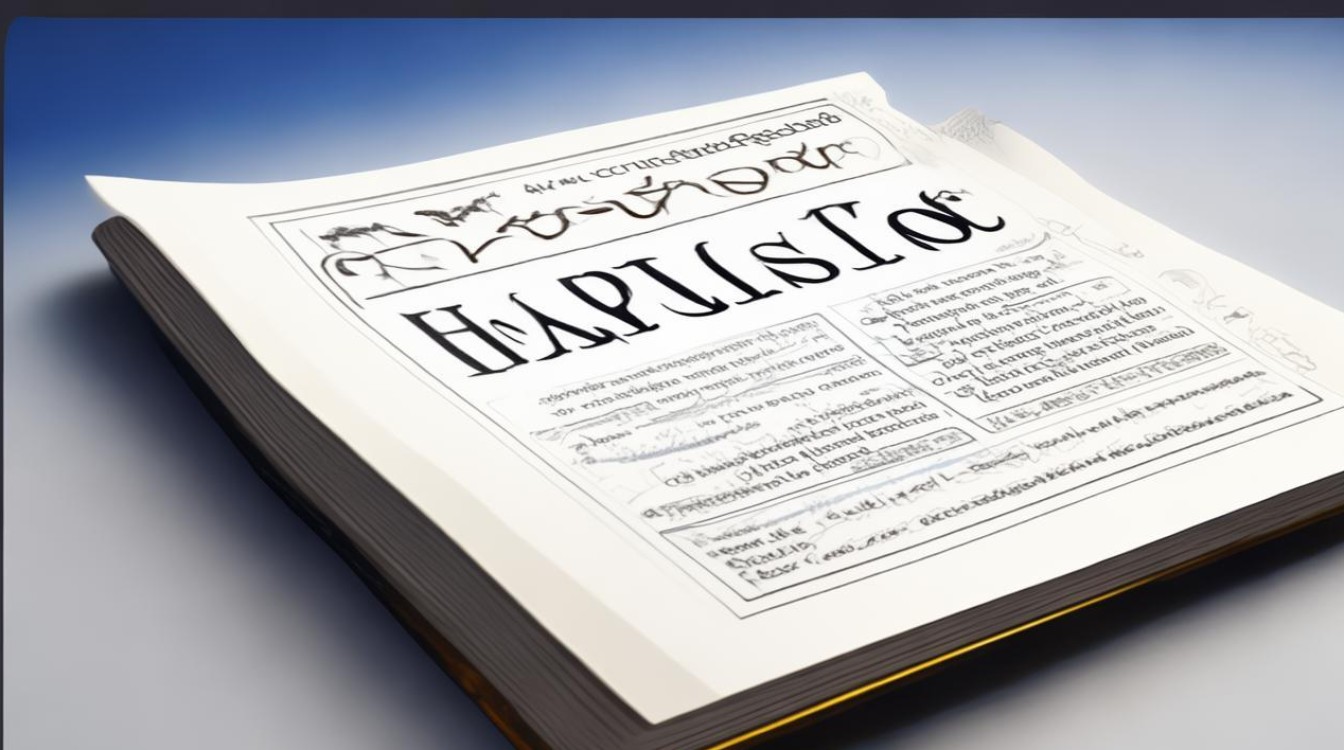Preparing for English exams can be challenging, but with the right strategies, you can improve your performance significantly. Whether you're tackling IELTS, TOEFL, Cambridge exams, or school tests, understanding common question types and effective study techniques is essential. This guide provides actionable insights to help you excel.

Understanding Common English Exam Question Types
A. Reading Comprehension
Most English exams include passages followed by questions testing understanding, inference, and vocabulary. Key question types:
- Multiple-choice questions (MCQs) – Choose the best answer from options.
- True/False/Not Given – Determine if statements match the text.
- Matching headings – Select the most appropriate heading for paragraphs.
- Short-answer questions – Provide concise responses based on the text.
Tip: Skim the passage first, then read questions before diving deeper. Highlight keywords.
B. Listening Tests
These assess your ability to understand spoken English in various accents. Common formats:
- Fill-in-the-blanks – Complete sentences with missing words.
- Multiple-choice – Select answers based on audio clips.
- Summarizing or note-taking – Write key points from a lecture or conversation.
Tip: Practice with podcasts, news broadcasts, and past exam recordings.

C. Writing Tasks
Writing sections evaluate grammar, coherence, and argumentation. Common tasks:
- Essay writing (e.g., opinion, problem-solution, advantages/disadvantages).
- Letter/email writing (formal & informal).
- Report or summary writing (common in business English exams).
Tip: Follow a clear structure (introduction, body, conclusion) and use varied vocabulary.
D. Speaking Tests
These assess fluency, pronunciation, and conversational ability. Common question types:
- Self-introduction – Talk about yourself, hobbies, or experiences.
- Picture description – Explain a given image in detail.
- Discussion/debate – Express opinions on a topic.
Tip: Practice speaking aloud daily, record yourself, and mimic native speakers.

Effective Study Strategies for English Exams
A. Build a Strong Vocabulary
- Learn high-frequency academic words (e.g., analyze, contrast, significant).
- Use flashcards (Anki, Quizlet) for memorization.
- Read newspapers (The Guardian, BBC) to encounter new words in context.
B. Improve Grammar & Sentence Structure
- Focus on tenses, prepositions, articles, and sentence connectors.
- Use grammar workbooks (e.g., English Grammar in Use by Raymond Murphy).
- Take online quizzes (Grammarly, Cambridge English exercises).
C. Practice with Past Papers
- Simulate exam conditions with timed tests.
- Analyze mistakes and review weak areas.
- Use official exam materials (Cambridge, ETS, British Council).
D. Enhance Listening & Speaking Skills
- Watch English movies/TV shows with subtitles, then without.
- Join language exchange programs (Tandem, HelloTalk).
- Shadow native speakers by repeating sentences immediately after hearing them.
Exam Day Tips for Success
✅ Time Management – Allocate time per section; don’t linger on difficult questions.
✅ Read Instructions Carefully – Misunderstanding directions can cost marks.
✅ Stay Calm & Focused – Deep breathing helps reduce anxiety.
✅ Review Answers – If time permits, check for errors before submitting.
Recommended Resources for Exam Prep
📚 Books:
- The Official Cambridge Guide to IELTS
- Barron’s TOEFL iBT
- English Collocations in Use (for advanced learners)
🌐 Websites:
🎧 Podcasts & YouTube Channels:

- BBC Learning English
- IELTS Advantage (YouTube)
- TOEFL TV Official
Conclusion
Success in English exams comes from consistent practice, smart strategies, and confidence. By understanding question patterns, refining language skills, and using reliable resources, you can achieve high scores. Start early, stay disciplined, and approach each test with a clear plan.
References:
- Cambridge Assessment English. (2023). Exam preparation tips.
- ETS. (2023). TOEFL iBT Test Prep Planner.
- British Council. (2023). IELTS study materials.
Would you like personalized advice based on your exam type? Let us know in the comments! 🚀



